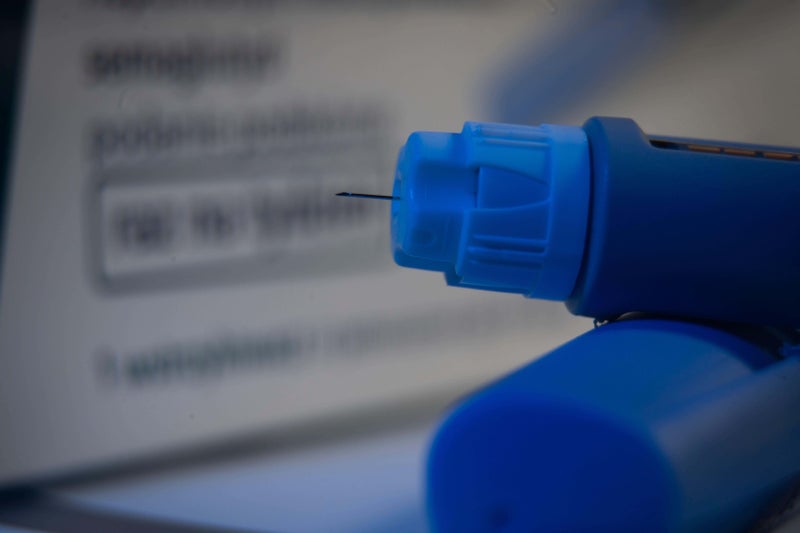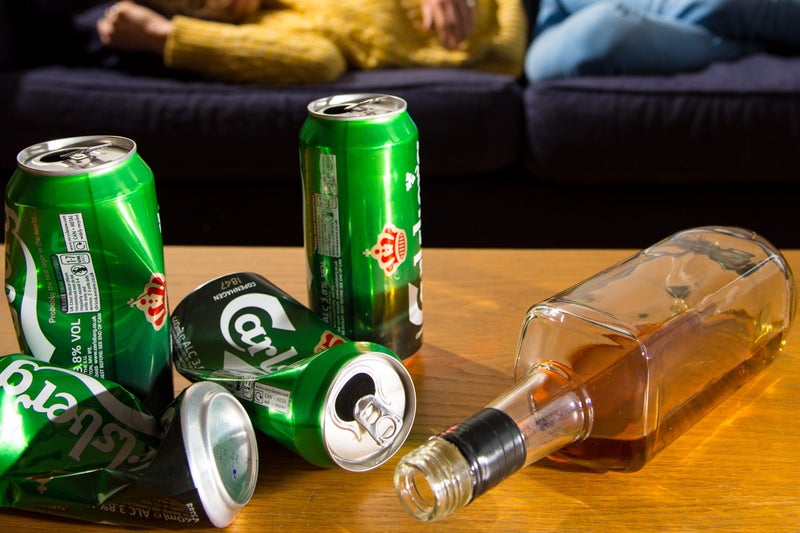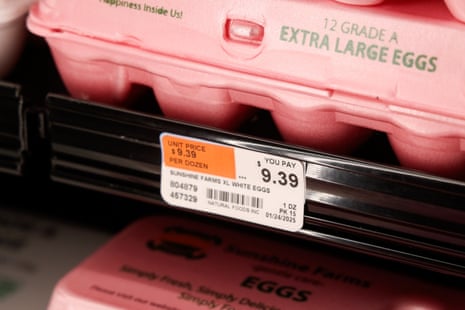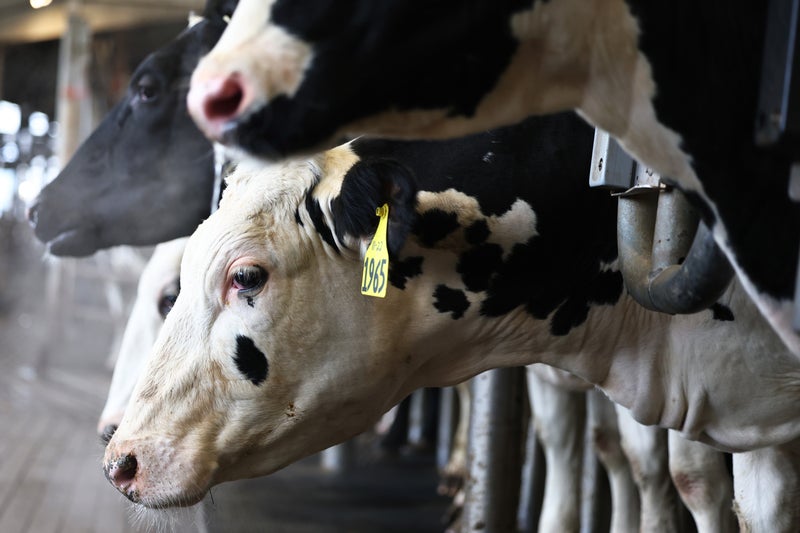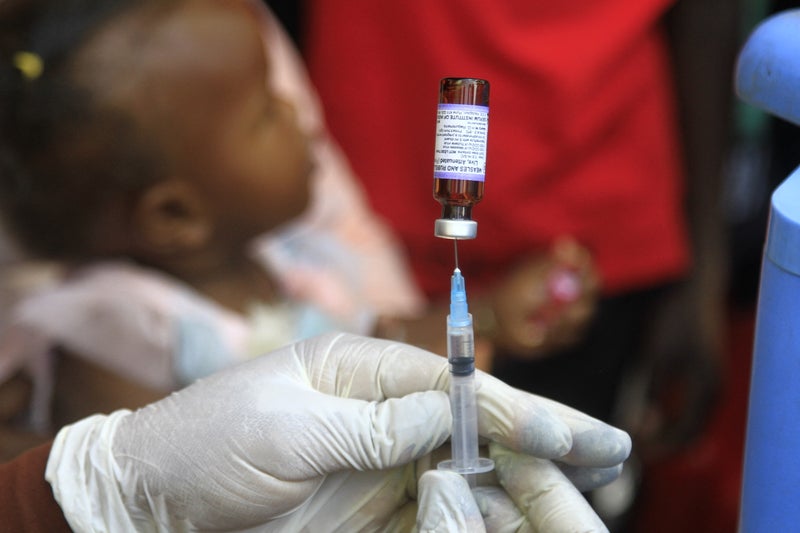Sagner, director of the European Society of Preventive Medicine and an unpaid adviser to supplement company Elysium Health, says it makes sense that boosting NAD+ levels might be beneficial, but that despite years of research, there is insufficient evidence to make conclusive claims.
The infusions – which some companies state can reduce withdrawal symptoms and “repair” damaged cells by boosting levels of NAD+ (the active form of nicotinamide adenine dinucleotide) – cost from £370 for a “basic protocol” to £2,800 for a five-session “recovery detox”.
In one case, a businessman who is director of three CQC-regulated clinics advised a reporter posing as the sister of a man needing treatment for alcoholism to pay £5,000 for a programme involving ketamine infusions, which could also incorporate NAD+.
The Medicines and Healthcare products Regulatory Agency (MHRA) said it had taken action against seven clinics offering NAD+ for medicinal purposes, requiring them to remove treatment claims.
While clinics promote anecdotal success stories, and some animal studies have suggested a role in NAD+ in craving and drug reward systems, it is far from being proven as a treatment for humans, says Sumnall.


